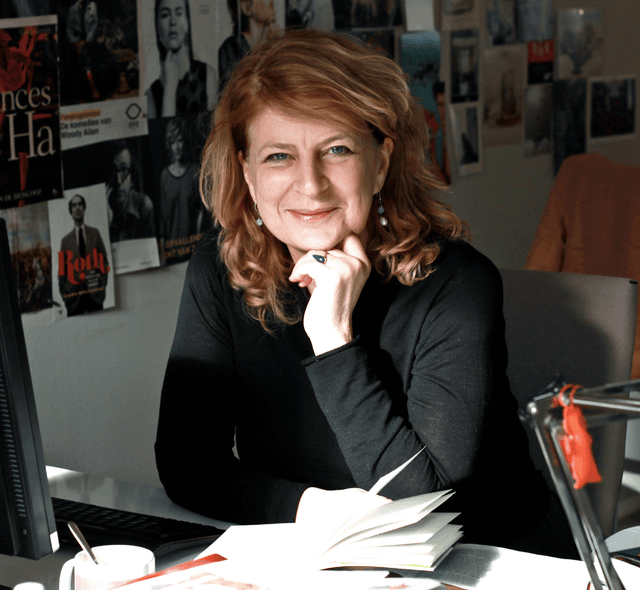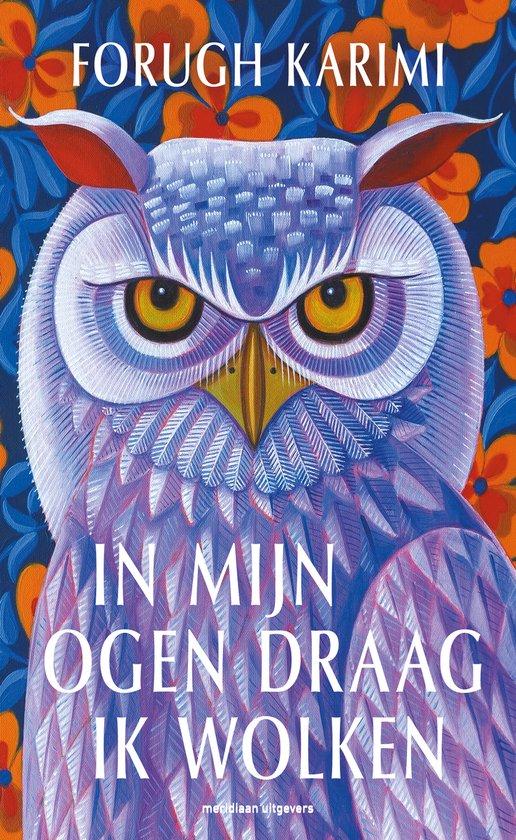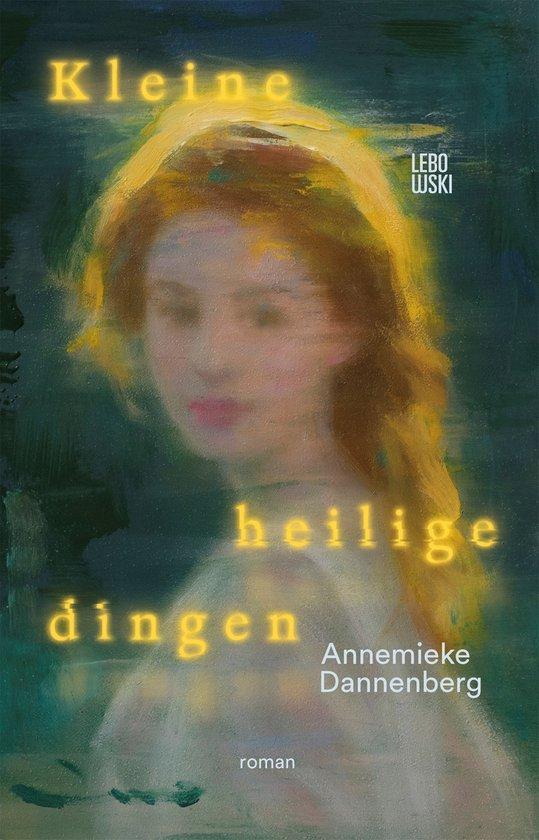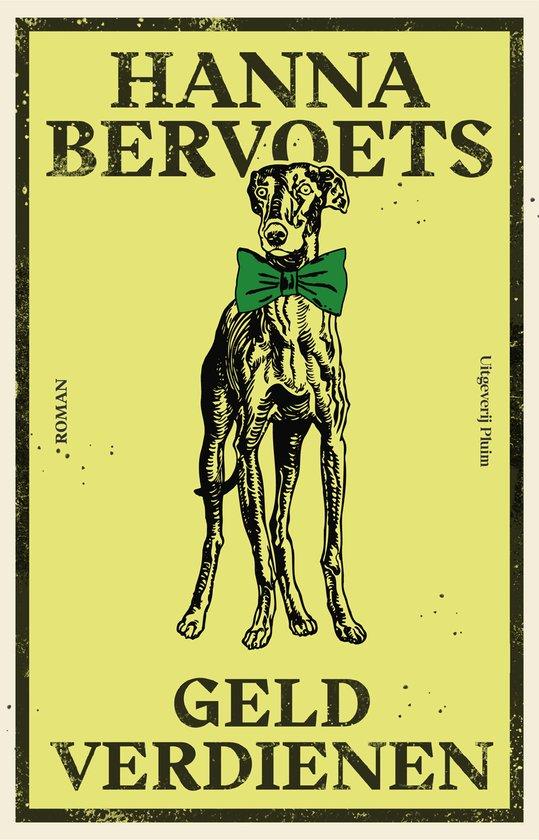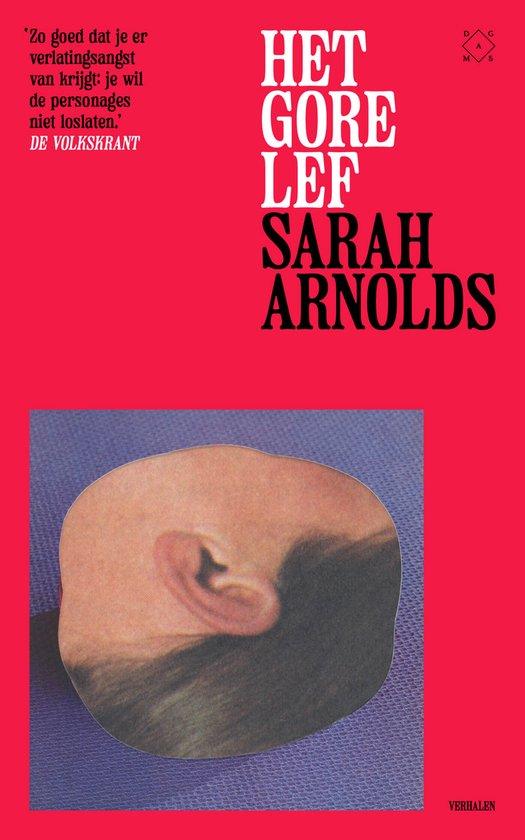Homework
A novel about white privilege and the complex relationship between a woman and her Black domestic worker
Clara Feij is a writer working for an intellectual magazine. She jokingly calls herself Mrs Dalloway, lives with her husband in a nice house in a gentrified neighbourhood and leaves the housework to a parade of domestic staff, all refugees from their own countries. When Rose comes to her home to work, everything changes.
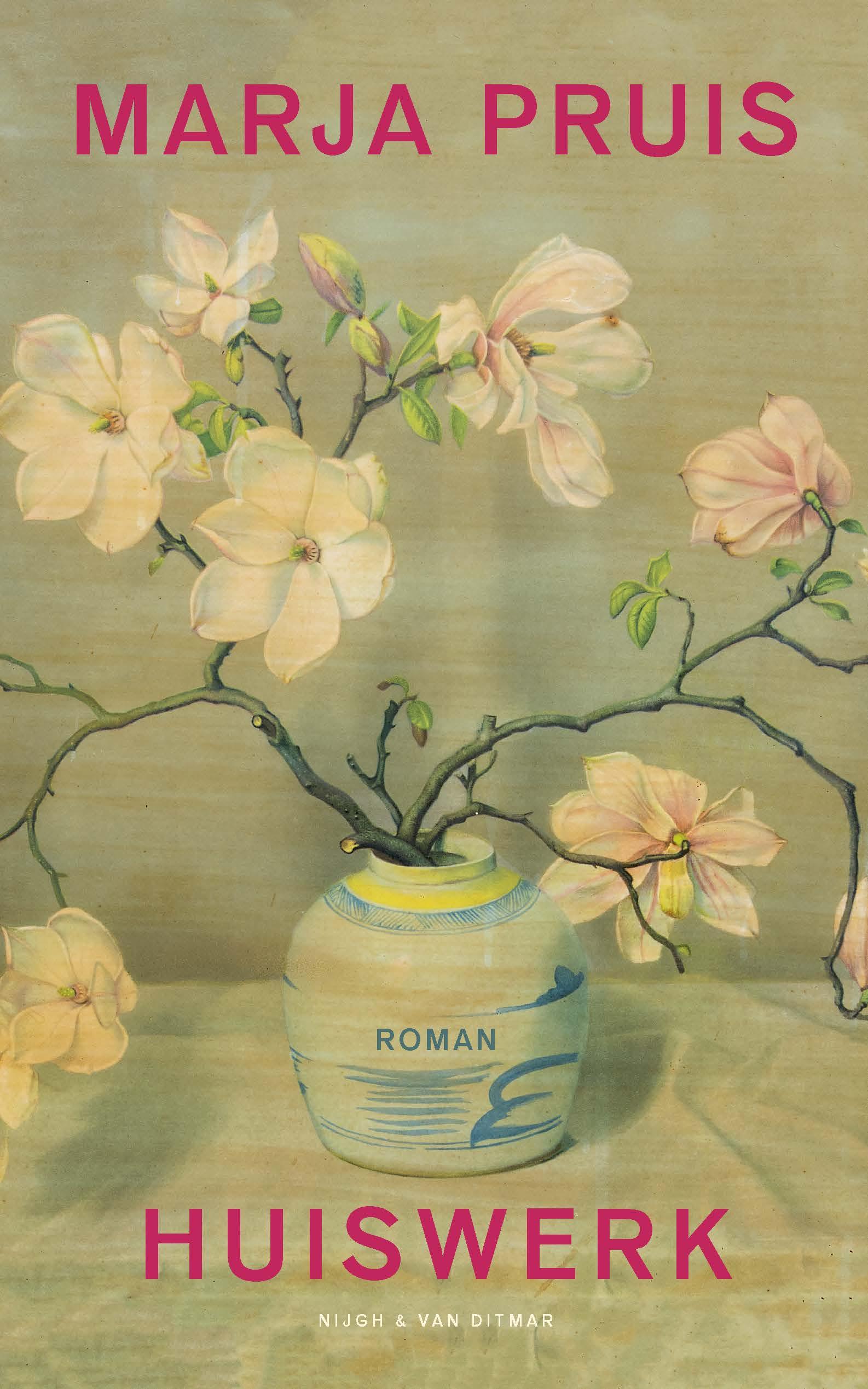
Clara tries to build a relationship with Rose and help her. Full of good intentions, she desperately tries to be on an equal footing with Rose. Every word she says or texts to her is supposed to reinforce this equality. When Rose asks Clara to hide her wages in a safe place in the home rather than paying them out every week, Clara is all too happy to oblige.
Right before Christmas, the money disappears, and Clara catches herself suspecting Rose. She discusses this suspicion, which is at odds with her desire to be nonjudgmental, at length with her husband, children, friends and acquaintances. We become privy to her thoughts, which are a testament to her privileged position. Whereas Clara has the time and leisure to reflect on notions of guilt, at first the reader has no sense of Rose’s private life and circumstances. It’s not until the final chapter that Rose gets to speak. In an affecting monologue, she confronts Clara and the reader with a genuine call for help.
Pruis’ books are thoughtful and nuanced – a refreshing approach in these times, when people are quick to take a stance and tend to stay inside their own social bubbles. She leaves room for the readers to make up their own minds about Clara – is she naïve or admirably open-minded?
Homework is a confrontational novel about intimate happiness and domestic betrayal. About being the boss and not wanting to be. With great precision, Marja Pruis exposes the confusion that wealthy westerners get caught up in with their good intentions.
Publishing details
Huiswerk (2023)
216 pages
46,000 words
10,000 copies sold
Sample translation available
Publisher
Nijgh & Van Ditmar
Martijn Prins
m.prins@singeluitgeverijen.nl
Sample Translation
She exposes the complexity of the zeitgeist and the hypocrisy of a cultural elite which pretends there is no distinction between the underclass and the upper class and painstakingly tries to keep up the appearance of equality.
Het Parool
It’s pleasant to be inside Clara's head (...) A novel full of linguistic ingenuity (…) The storyline is the glue that holds together the swirling thoughts on the zeitgeist, on ageing, femininity, literature and shame, all the tangents that betray the puckish essayist in Pruis
Trouw
